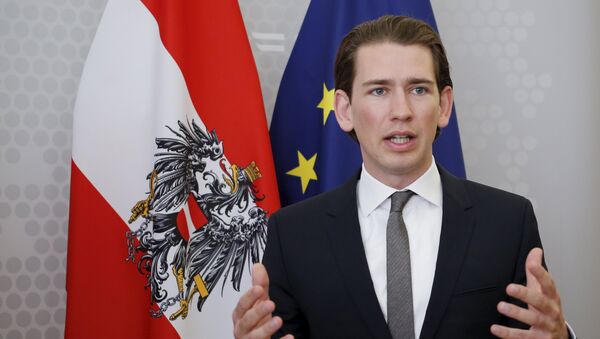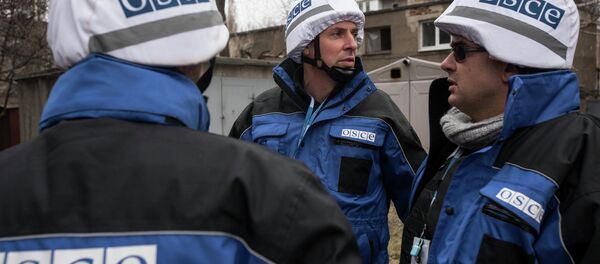Tens of thousands of people have requested asylum in Austria, a country of roughly 8.5 million people, and Kurz believes their presences places a daunting economic burden on the country.
"We don't want to pay hundreds of millions of euros in family support for foreign children a year who don't even live in Austria…It is unfair to pay out these sums to the same extent when the costs of living are substantially less elsewhere." he said.
Known for his anti-immigration stance, Kurz modeled his proposal after a deal struck between Turkey and the European Union to reduce the number of Syrian migrants from entering Europe, suggesting that a similar agreement could be met with North African countries, including Libya.
Gabriel noted that the continuing unrest in Libya made such a deal unlikely, "We have a state in Turkey, whatever one's opinion about it is…Not so in Libya," he said.
The German foreign minister also believes that housing large numbers of immigrants and refugees in Tunisia would have a "destabilising" effect on a country with it’s own deep institutional difficulties.
Germany’s foreign ministry recently reported that 2,500 migrants were attacked in 2016, with an average of ten attacks a day. At least 560 people, including 43 children, were injured as a result of these crimes.
These incidents include arson on refugee shelters, and other hate crimes.
In December 2016, Kurz suggested an "Australian model" for dealing with the influx of undocumented immigrants, which would entail loading migrants and refugees onto boats and returning them to their country of origin or delivering them to detention centers in Europe.
During a summit in Brussels Kurz told Politico, "We have to stop illegal migrants at the external border, care for them, bring them back to their countries of origin, and if that is not possible, protect them in centers outside Europe that we operate and finance," adding, "That should happen 'the sooner the better.'"




